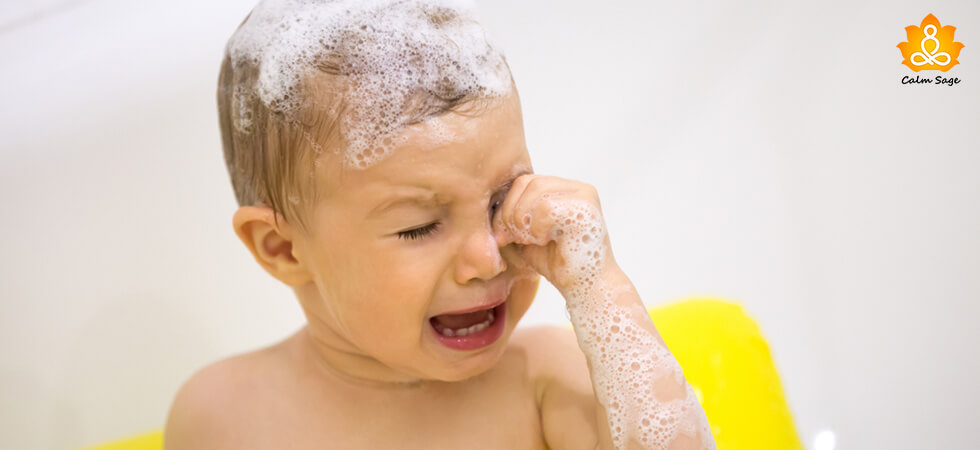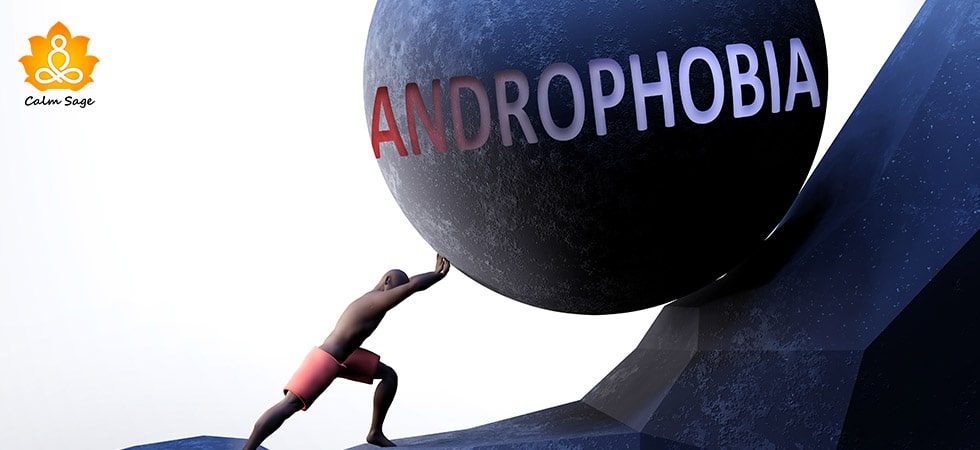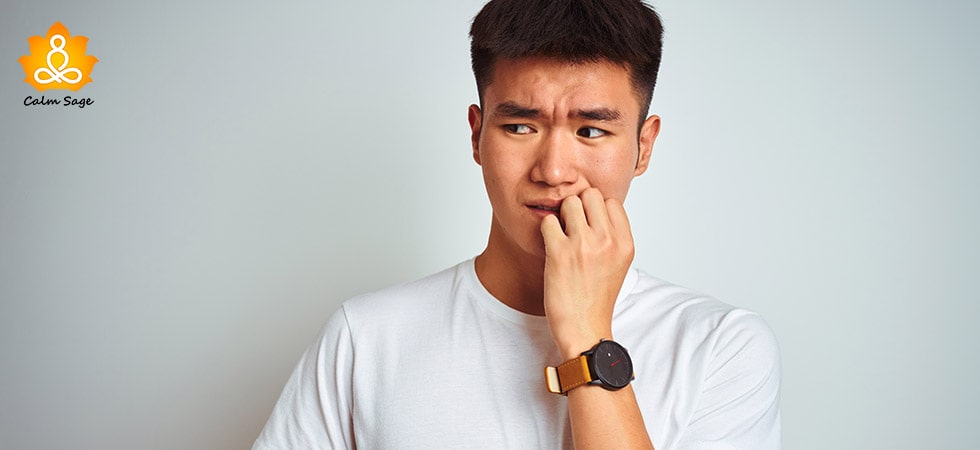Ablutophobia (Fear of Bathing): Symptoms and Treatment

Many children and adults do not enjoy bathing. Many people can go days without taking a shower. There are many reasons to ignore bathing, one of which can be ablutophobia, the fear of bathing.
Ablutophobia falls in the category of specific phobias. In most cases of specific phobias, people usually know that their fear is irrational but do not have any control over their emotions.
The thing about specific phobias is that one can successfully ignore their trigger entirely and lead a happy life. The phobia is particular to a certain thing and ignoring one thing in life is practically possible.
But what if the one thing is “bathing”? You cannot completely ignore bathing all your life. You have to keep yourself clean so that you don’t catch any infections. Bathing comes under basic hygiene and it cannot be ignored.
In this blog, we will look at the meaning of ablutophobia, its symptoms, and how to overcome ablutophobia.
Shall we begin?
What is Ablutophobia?
Ablutophobia is a type of specific phobia that can be described as a condition where an individual develops an irrational yet intense fear of bathing, washing, or showering. Although bathing sounds like a normal routine activity that doesn’t bother anybody, it can be terrifying for people with ablutophobia.
As we discussed earlier, most people with a specific phobia are aware of how irrational their fear is. However, they have little to no control over their feelings of terror when it comes to bathing, cleaning, and showering.
It is widely assumed that phobias like ablutophobia are more common in children than adults. However, there is no proof of being more common in children than in grown-ups. Children with ablutophobia might take much longer to overcome the fear of bathing when compared to adults.
Ablutophobia: Causes & Symptoms
According to the American Psychiatric Association (APA), 8% of adults develop specific phobias. The type of specific phobia you develop can be dependent on the kind of experiences you’ve had. Many-a-times the exact cause is unknown but the treatment of phobias like ailurophobia is very important.
Let’s look at the possible causes of ablutophobia:
- Genetic factor: Ablutophobia is a type of anxiety disorder and anxiety disorders tend to run across generations. Some can develop ablutophobia if someone in their family has a history of an anxiety disorder.
- Environmental factor: There are different kinds of experiences different people have in their lives. Many traumatic experiences can have lifelong implications such as the development of phobias like ablutophobia.
- Trauma: If an individual has had a traumatic experience while taking a shower, they are most likely to develop ablutophobia.
To get proper treatment for your condition, you need to be aware of all the symptoms of ablutophobia. Let’s have a look at them;
*Note: these symptoms appear when you are going to take a bath or are near the bathroom. Your phobia can be triggered by anything that is associated with bathing and these physical/psychological symptoms might appear.
Physical Symptoms
- Racing heartbeat
- Lightheadedness
- Shortness of breath
- Suddenly feeling of change in body temperature
- Dry mouth
- Nausea
- Dizziness
- Increased sudden sweating
Psychological Symptoms
- Nervous breakdown
- Loss of control
- Out-of-body experience
- Disconnect from reality
- Panic attack
How To Overcome Ablutophobia?
According to the Anxiety Disorders Association of British Columbia, children falling in the age group of 7 years to 11 years are most likely to develop specific phobias like ablutophobia. However, many times ablutophobia is misunderstood and goes untreated.
The only way to overcome ablutophobia is to get proper treatment. For phobias like ablutophobia, treatment is very important because if left untreated it can be a concern for hygienic and social reasons.
If you observe any of the symptoms of ablutophobia in you or someone you know, the first thing you need to do is visit a mental health professional. Treatment of such conditions is very important, and the sooner, the better.
Once your condition is properly studied by a mental health professional you can be prescribed either therapy, medication, or a combination of both. Here’s a list of all the treatment options available for ablutophobia;
- Cognitive behavioral therapy
- Exposure therapy
- Beta-blockers
- Sedatives
- Mindfulness techniques
- Relaxation techniques
- Breathing exercises
That’s all Folks!
I hope you found this blog about ablutophobia and its symptoms, causes, and treatment helpful, interesting, and informative. Do share this blog with your friends and family so that phobias like ablutophobia do not go unnoticed or misunderstood.
Thanks for reading.
Take care and stay safe.




















